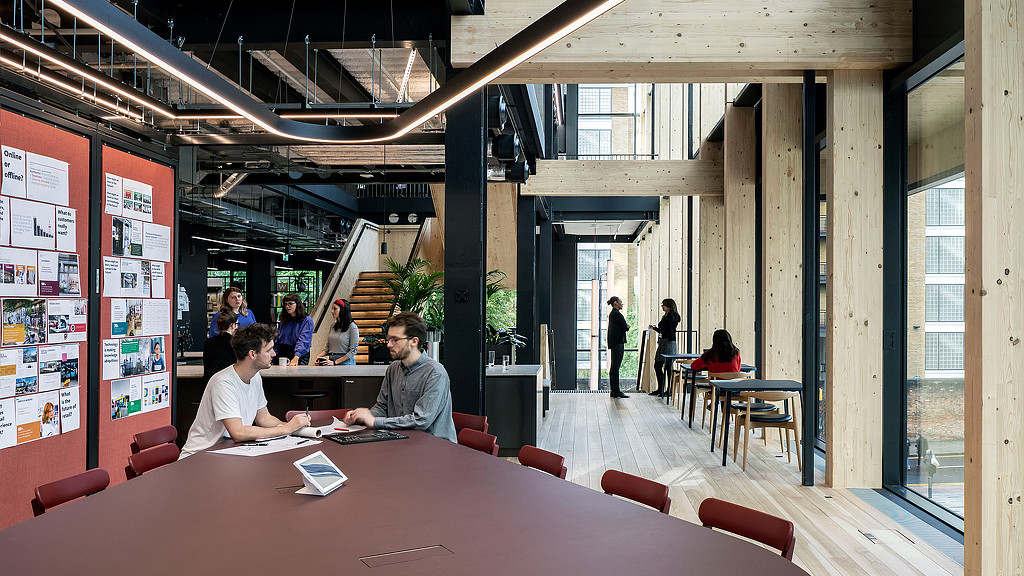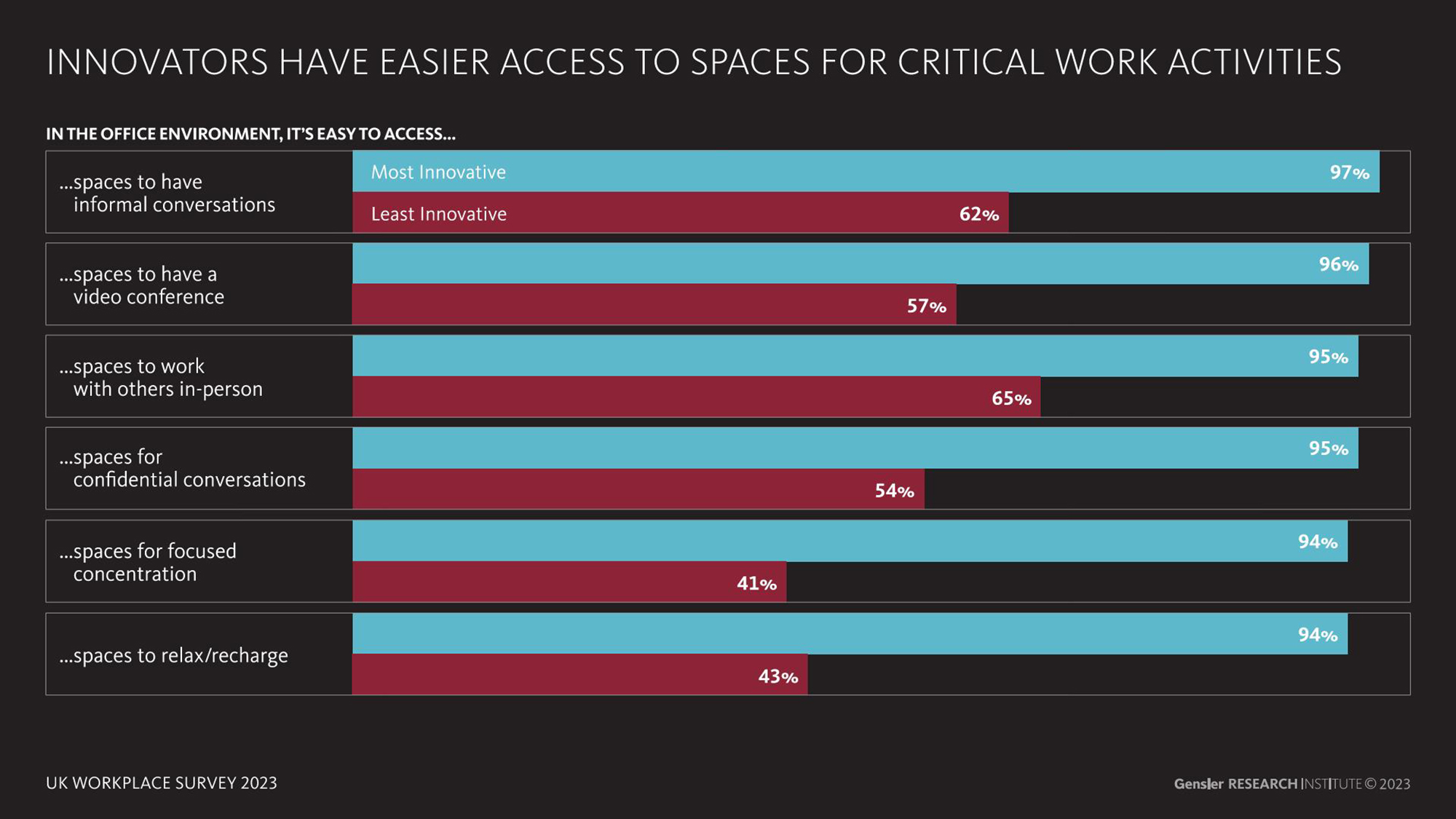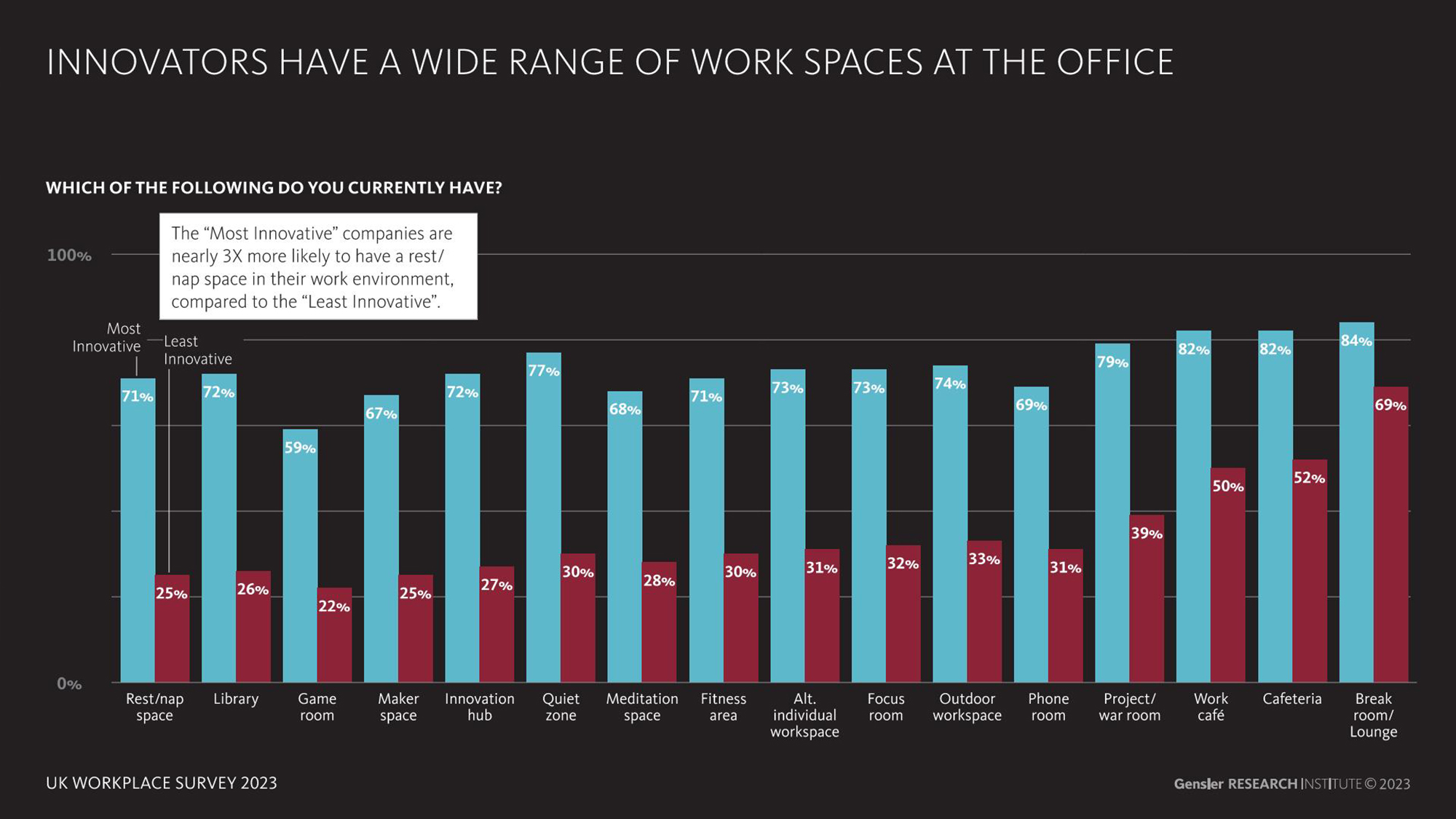How Your Workplace Can Maximise Trust — and Why It Matters
September 19, 2023 | By Naomi Sakamoto
Now more than ever, trust is at the core of business success. As companies face increasingly complex challenges, leaders rely heavily on expertise beyond their own, even as social isolation throughout the pandemic and socio-political polarisation threaten to erode the strength of our relationships and our confidence in those outside our immediate circle. Trust is foundational to our ability to do good work, linking directly to enhanced professional performance and team building. What if the workplace becomes the cornerstone of an emergent economy based upon trust?
Components of Trust
Frances Frei and Anne Morriss, a Harvard Business School professor and executive founder of The Leadership Consortium, respectively, describe three drivers of trust: authenticity, logic, and empathy. Empathy is the belief that those we are interacting with — our leaders, colleagues, or partners — care about us as individuals. Authenticity is the belief that the people we interact with display true versions of themselves. And finally, logic is the belief that others are capable and that their reasoning and judgment are sound.
A Place for Trust
When work can happen anywhere, workplaces that are purpose-built for face-to-face interaction play a unique role in building trust. As Chris Fussell, president of McChrystal Group, wrote in his book, “One Mission: How Leaders Build a Team of Teams,” “face-to-face interaction with others is closely correlated with trust and quality of relationship formation.” How do we design a workplace built for trust?
-
Empathy: We can certainly experience empathy across digital platforms and, indeed, reaction emojis and sentiment analysis may provide us more data than ever on our conversation partner’s response. But how do they really feel? How are they really doing? Can face-to-face conversations narrow the psychological distance between two people? Subtle nonverbal or tonal cues, casual “warm up” and “cool down” chats, or even the tactile, somatic aspects of a face-to-face interaction, like shaking hands, hugging, or even pheromones, all facilitate our ability to sense or imagine another person’s emotions and perspectives. Does this mean we empathise better when we interact in person?
A workplace built for trust should provide spaces for face-to-face confidential conversations, and physical and organisational environments where people feel comfortable sharing their emotions, perspectives, and ideas.
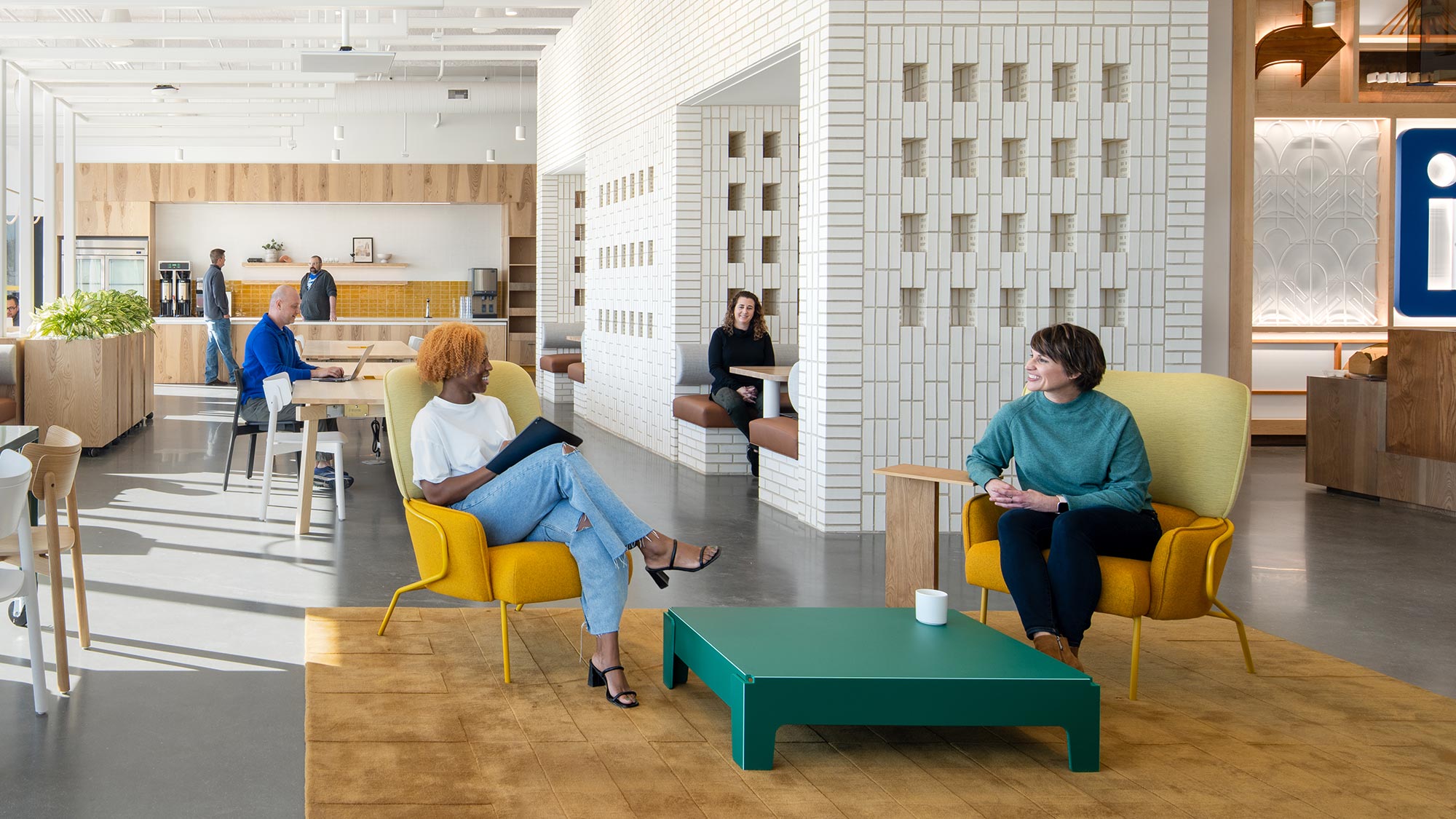
-
Authenticity: In contrast to remote work, when we’re in the office we can’t go off camera — our officemates witness our human selves in all our messiness. From how we interact with the CEO and the administrative staff, to how we react when we spill coffee on ourselves or our computers crash, our officemates have rich data available to paint a picture of our complete selves. Do we feel we know the authentic selves of those whom we interact in person, more so than those with whom we only know virtually?
A workplace built on a foundation of trust fosters an environment where people can bring their whole selves to work; a place that celebrates different lifestyles, needs, and preferences; and where people can interact about topics other than work.
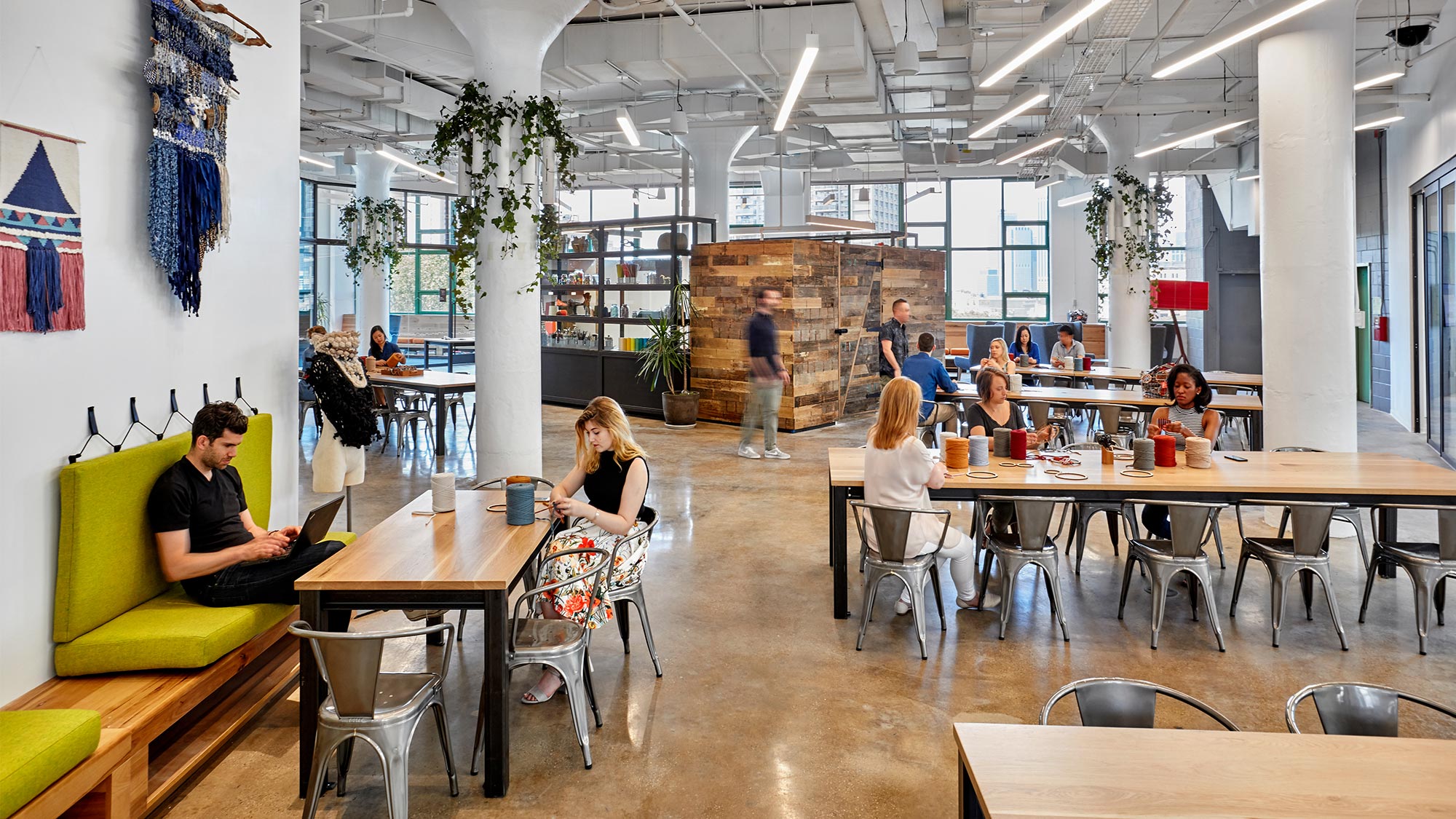
-
Logic: As a young architect, I would wander around our office, the walls plastered with work in all stages of development. I would notice what was redlined and eavesdrop on project teams as they debated the best way forward. Are we more likely to trust the reasoning and judgment of potential collaborators if we have observed, even casually, how they deliberate and make decisions?
It’s vital to foster visibility between teams, as well as the conversations within them. Workplaces should provide space to showcase work — not just the finished product but, more significantly, the progression of reasoning that led to the final outcomes.
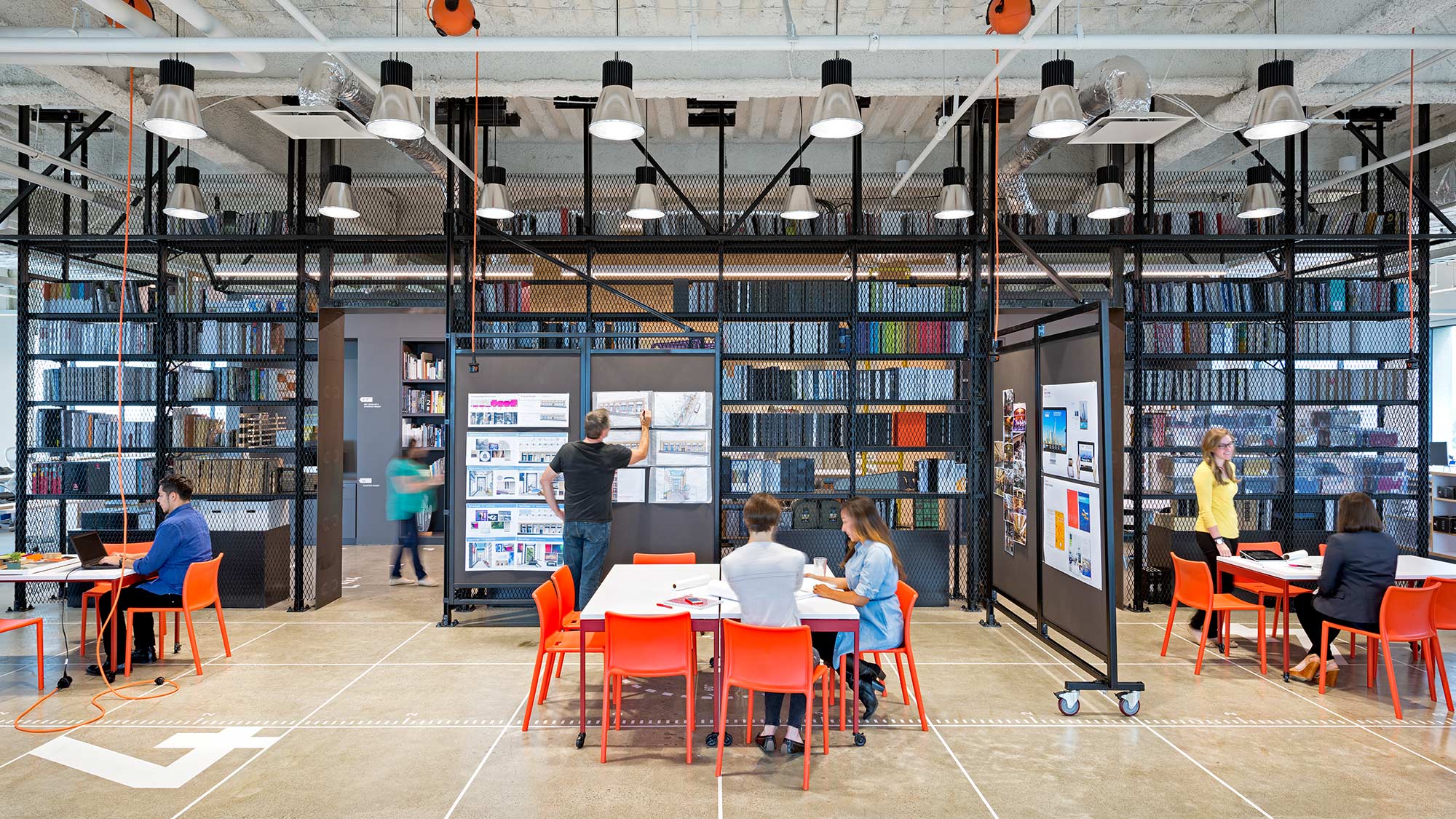
Why It Matters
A workplace built for trust is essential to cultivate innovation and breakthrough ideas. Laura Delizonna, an instructor at Stanford, reflecting on Google’s two-year-long study on team performance, noted that the highest-performing teams all establish trust and psychological safety, which fosters the types of behaviours that lead to market breakthroughs. Without trust, we will not learn, we will not fail, and we will not share ideas freely — especially the eccentric, half-formed ideas that may someday change the world.
Indeed, Gensler’s UK Workplace Survey found that innovators are more likely to provide spaces for confidential conversations (empathy); spaces to have informal conversations as well as a wide variety of space types and amenities catering to various lifestyles (authenticity); and spaces to work with others in-person (which showcases their logic); in other words, the most innovative companies are most likely to provide physical spaces that cultivate trust.
A workplace built for trust also promotes constructive disagreement. To paraphrase writer Julia Hobsbawm, the purpose of the office is to hang out, to learn, and to argue. In a world in which our family, our friends, our neighbours, and our online communities may all share our backgrounds and our perspectives, the workplace may be the last place where we must interact with people different from ourselves. And this friction is important for any of us to grow as individuals, and for society to evolve and adapt to the challenges ahead. Only when we trust in the authenticity of another person’s perspective, their empathy for our lived experience, and the logic of the points they are making will we be able to embrace change.
And in the not-so-distant future, when someone is giving us advice, or asking us for help, or listening attentively to the challenges that threaten our business, a workplace built for trust may be the one setting where we can be certain that they are, in fact, who we think they are. Imagine a day when we can train a language model on our whole history of emails and communications, overdub those generative responses with our own voices, and replicate our likenesses and our gestures in a convincing avatar or deepfake. In this world, any virtual communication could be compromised, hacked by bad actors to manipulate our behaviour. Face-to-face interactions may become currency in an economy that relies on trust.
By providing environments where people can demonstrate authenticity, logic, and empathy, a workplace built for trust will play a critical role in our economic security, our social stability, our technological adaptability, and our individual sense of security and peace of mind.
For media inquiries, email media@gensler.com.
